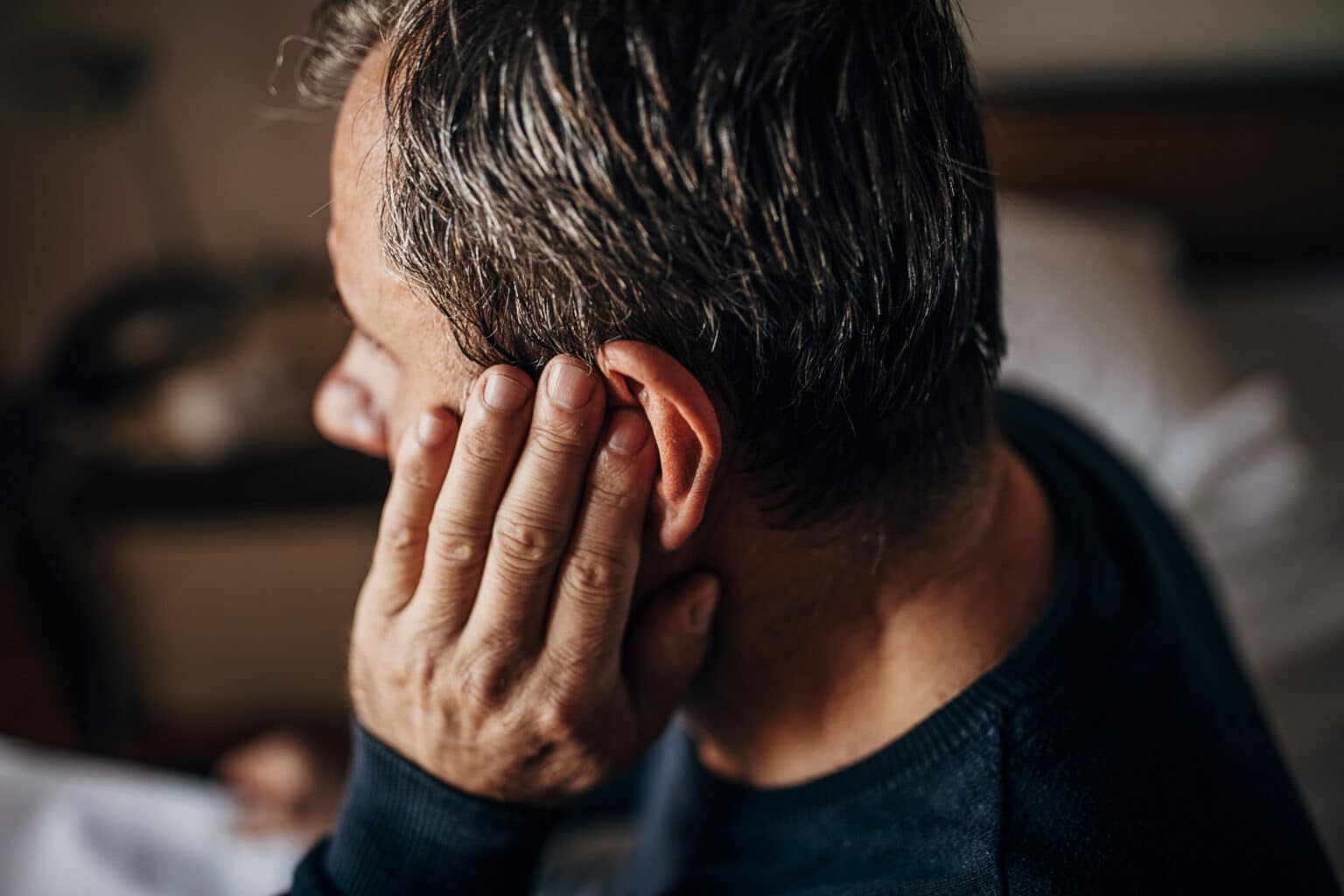If water becomes trapped in your ear canal, it can lead to a condition known as swimmer’s ear, also called otitis externa. This condition is fairly common; in fact, according to an article published in the National Library of Medicine, “Approximately 10% of people will develop otitis externa during their lifetime.”
In order to prevent swimmer’s ear or a resulting earache, you must remove water from your ears before it can start to grow bacteria. We review how to do this below.
What to Do

Some strategies for removing water from your ears include:
- Gently pulling on your earlobe while you tip your head to one side until you feel the water drain out.
- Moving your jaw by yawning or chewing gum, again with your head tipped to one side.
- Lying on your side for a few minutes with your ear resting on a towel.
- Cupping your palm over your ear, tipping your head toward the ground, gently pressing and releasing your hand to create a suction.
- Taking a breath, pinching your nose, closing your mouth and gently exhaling to remove water from your Eustachian tubes.
- Using a hair dryer on the lowest, coolest setting to dry the water in your ears.
- Using hydrogen peroxide eardrops mixed with equal parts vinegar and rubbing alcohol. Note: Do not do this if you have an ear infection, a perforated eardrum or ear tubes.
What Not to Do
Under no circumstances should you try to use a Q-tip or cotton swab to try to dry the water in your ears. Doing so poses several risks:
- You could push earwax deep into the ear, causing an impaction.
- You could puncture your eardrum, causing pain, hearing loss, infection and other symptoms.
- You could scratch away the protective layer inside your eardrum, making you more susceptible to infection.
When to Contact a Doctor
If you still feel as though you have water in your ear after trying the techniques listed above, you experience ear pain or you develop a fever, contact your doctor right away.
For more information about swimmer’s ear or to schedule an appointment with an ear expert, call ENT & Allergy Specialists – Ear Nose and Throat Physicians and Surgeons today.